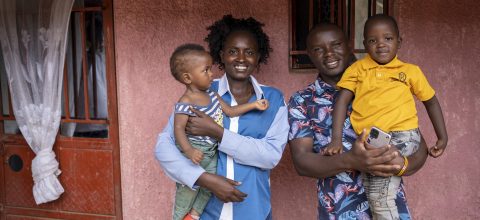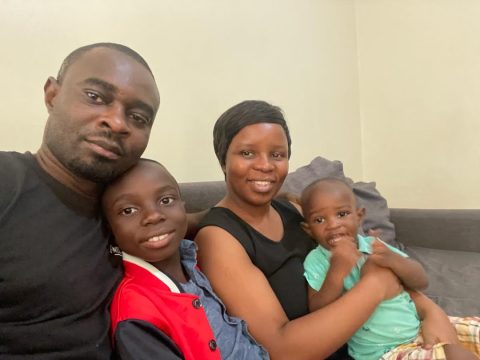“I’m ready to go to Canada, but I’ll miss my brother” – employment a way out of refugee camps
For refugees living in refugee camps or settlements, life can at times feel hopeless, especially when work opportunities are hard to come by. This is why opportunities for talented and educated refugees are crucial.
Text: Björn Udd and Kadlah Nabakembo
KEMIGISHA KELLEN fled home in the Democratic Republic of Congo (DRC) when rebels began to kill people in her village. Kellen lost touch with most of her family but managed to escape to Uganda with her brother.
“There was a lot of anxiety. We had no food and no water. Some people we met helped us, some did not.”
Kellen and her brother made it to Uganda and were placed in Kyaka refugee settlement. Since Kellen has a diploma and had worked as a nurse in DRC, she has been able to get some jobs during her five years in the camp.
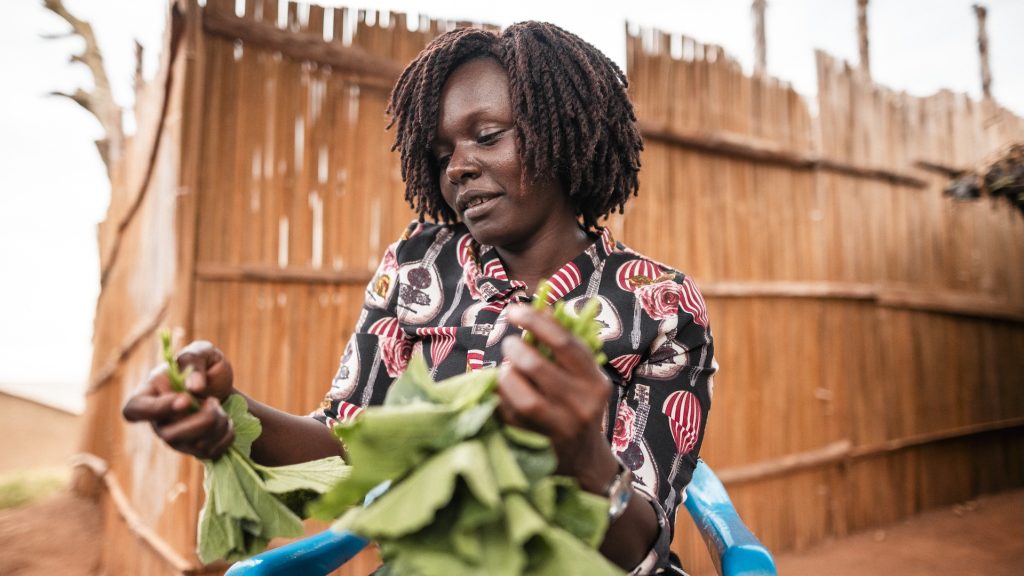
“I looked after a training centre for one NGO, worked as a volunteer for another. It is tough as a refugee, because you will never reach the higher positions, you can only get the lower ones”, says Kellen.
“Still, I’m fairly okay. I can sustain myself at the moment. I also feel safe here, compared to DRC.”
A drug shop with few customers
Ronald Mugisha run into similar issues after he escaped a rebel assault in DRC in 2018 and fled to Kyaka.
“Life here is not easy. Living standards are low and possibilities are very limited for refugees, in terms of what kind of work you can find”, says Mugisha.
Since he has a diploma in nursing, he was permitted by the local government to start a drug shop together with a business partner.
“We do not get that many customers. We make about 200,000–300,000 Ugandan shillings (55–80 US dollars) a month.”
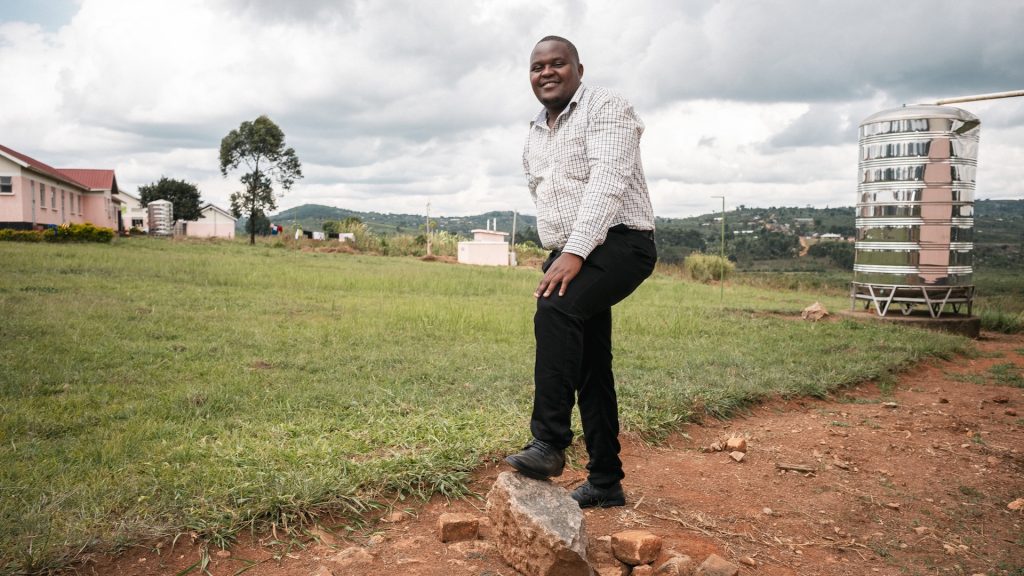
Still, Mugisha feels safer in Uganda than in his home country of DRC.
“I haven’t heard a gunshot in all the five years I’ve lived here. Back home I heard them all the time. There is some stealing going on, but otherwise it’s good.”
Complementary Pathways opened possibilities
Kellen and Mugisha both heard about the option of Complementary Pathways, a programme to connect skilled refugee labourers with employers in third countries. After a year-long process they are both set to move to Canada, to work in nursing.
The process is long and involves a lot of expenses. The applicants must get passports, visas, language skill certificates and more. The process is supported by FCA, Talent Beyond Boundaries (TBB) and UNHCR, while Immigration, Refugees and Citizenship Canada (IRCC) has been assisting with visa approvals and expediting the process.
“We got a lot of help on how to do things. We got help with language exams, training on what to do in job interviews, and career guidance. FCA has done a great job”, says Kellen.
“Now I am ready to go to Canada, although I will miss my brother when I do. But I hope I can support him with the money I make.”
Bright future in Canada
Both Mugisha and Kellen are planning on furthering their education with the money they make in Canada.
“When I get to Canada and start making an income I want to study further and become a geriatric nurse”, say Mugisha.
“I love to work with the elderly. In church I used to be the one to care for them. Many people tend to ignore the elderly, but I love their stories.”
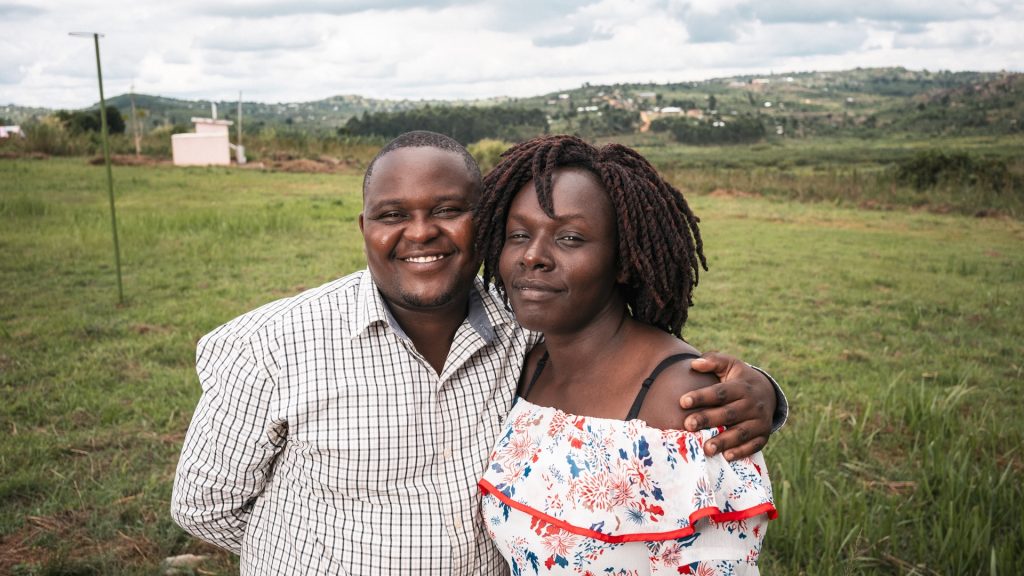
The two have also received lessons on how to adapt to a new environment and culture.
“Finn Church Aid, Talent Beyond Boundaries and UNHCR have had lessons for us to help us learn about Canadian culture. I know I will work for eight hours a day, and that the climate is cold,” says Mugisha.
“I think the weather will be cold!” Kellen also notes. “I also think I’ll have trouble knowing where to go and finding the correct buses. But some of my friends who live in Canada says it’s a nice country.”
—
